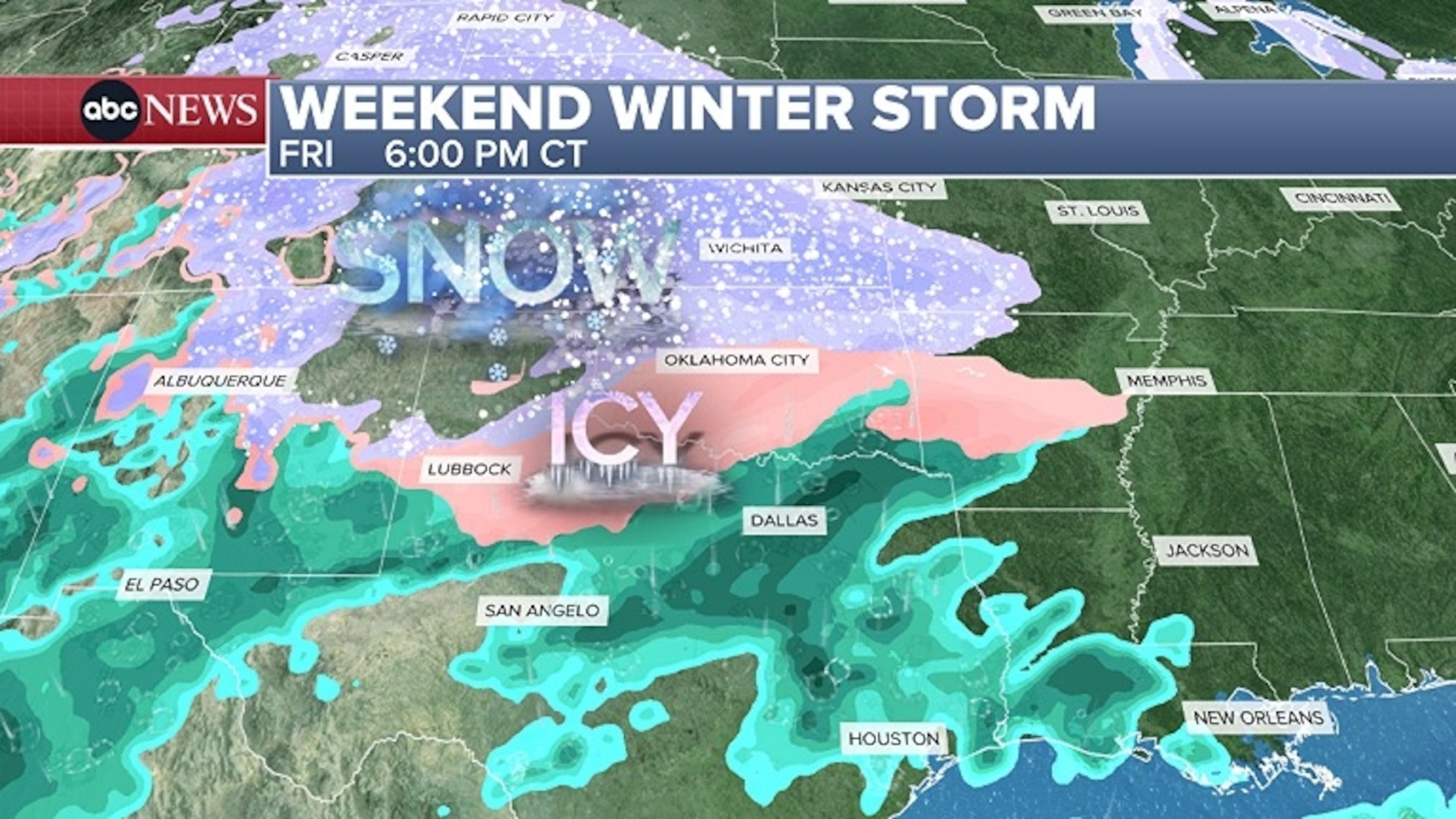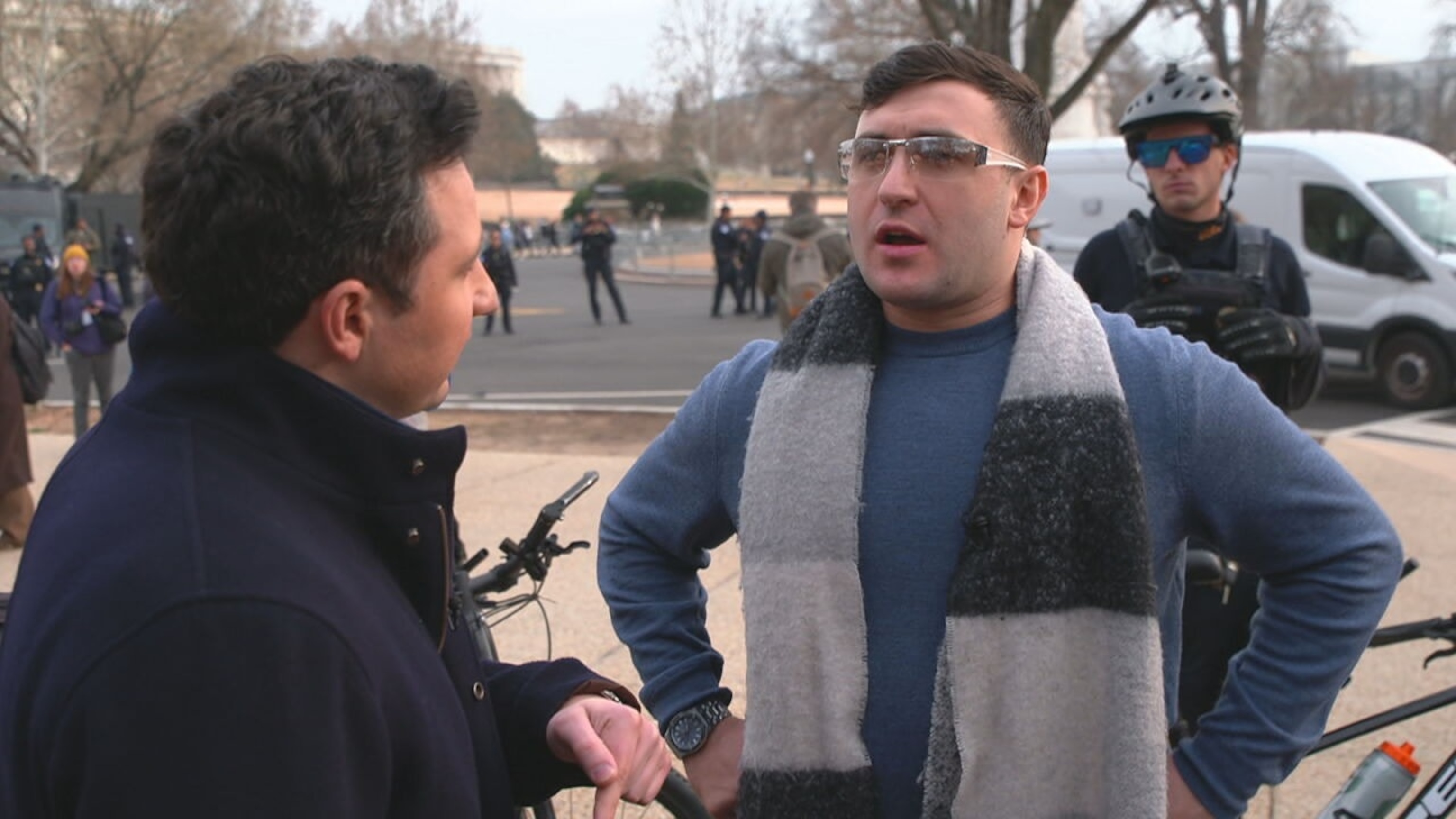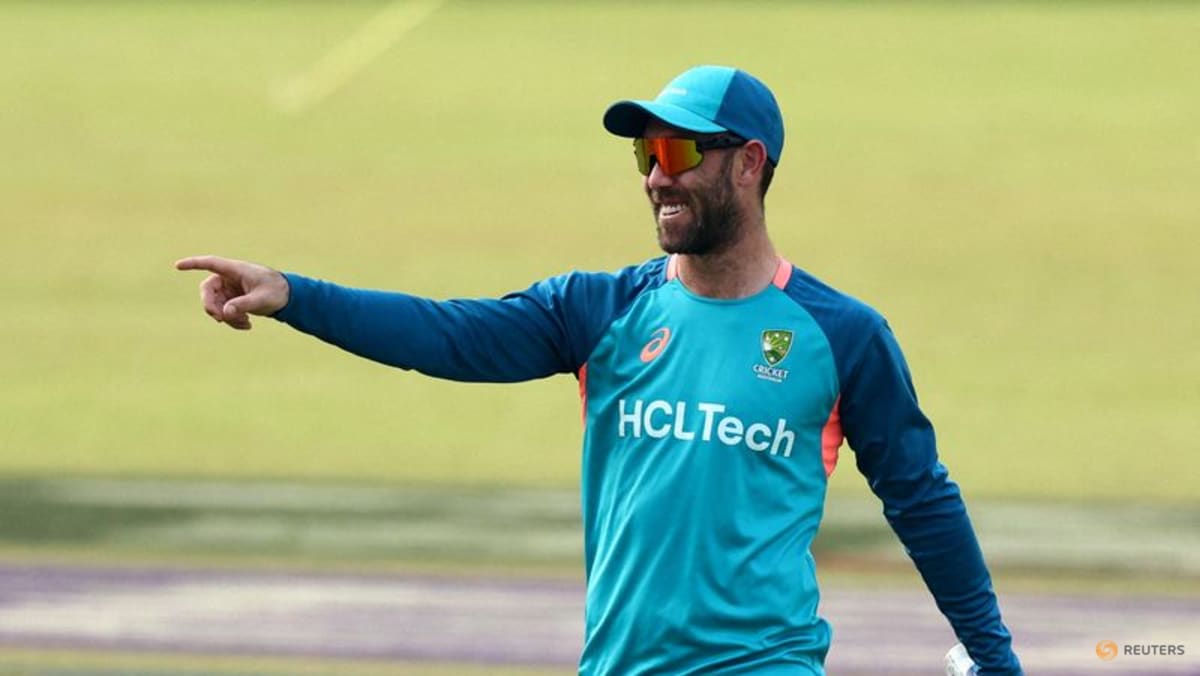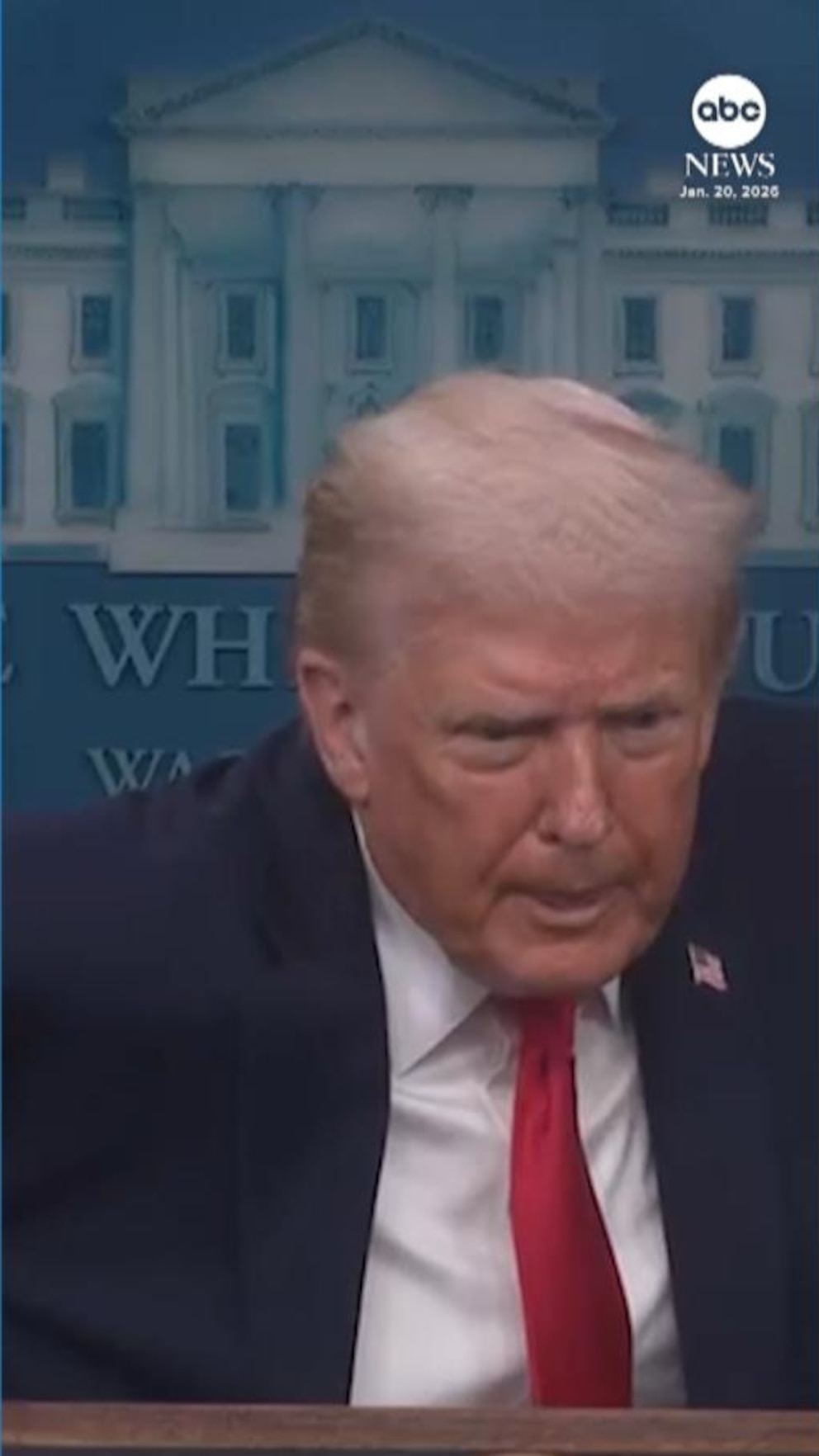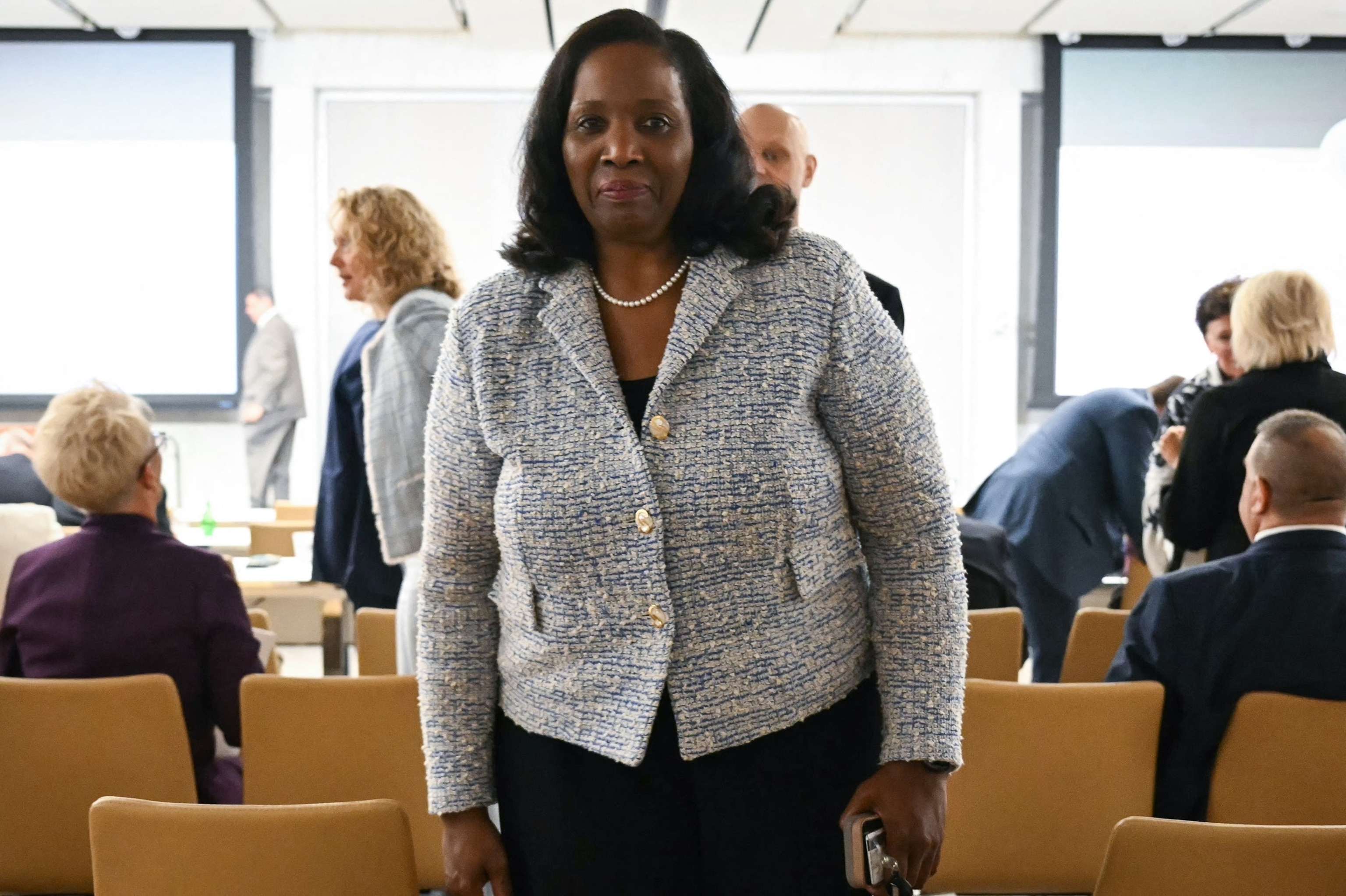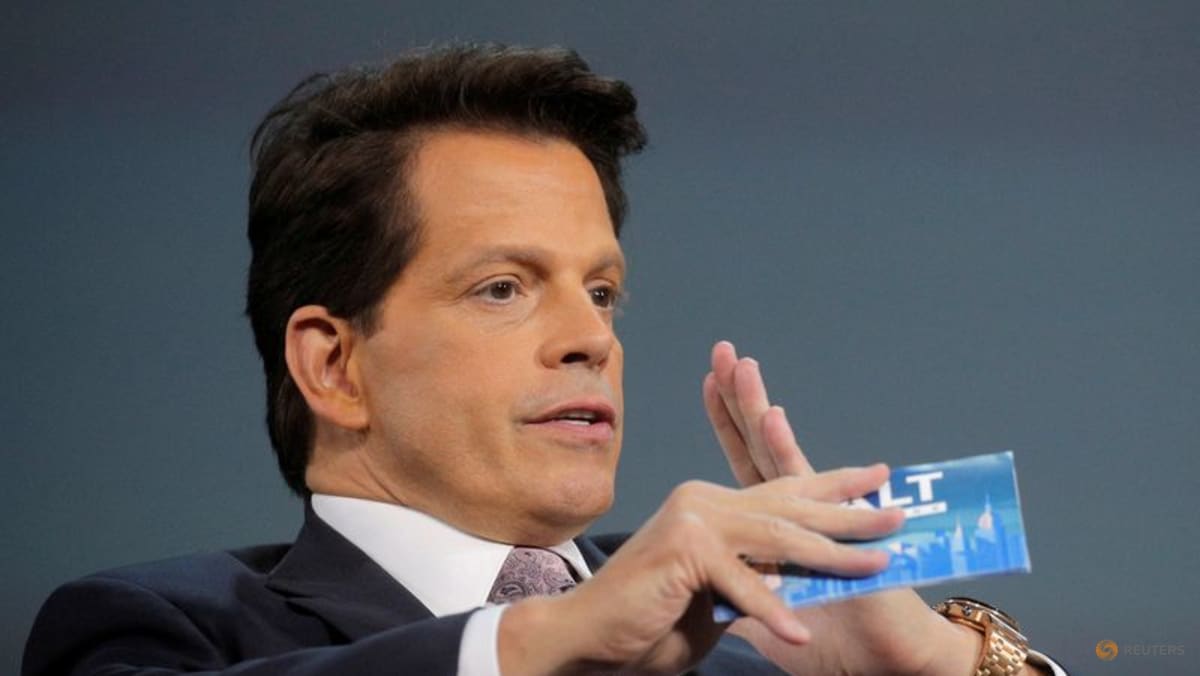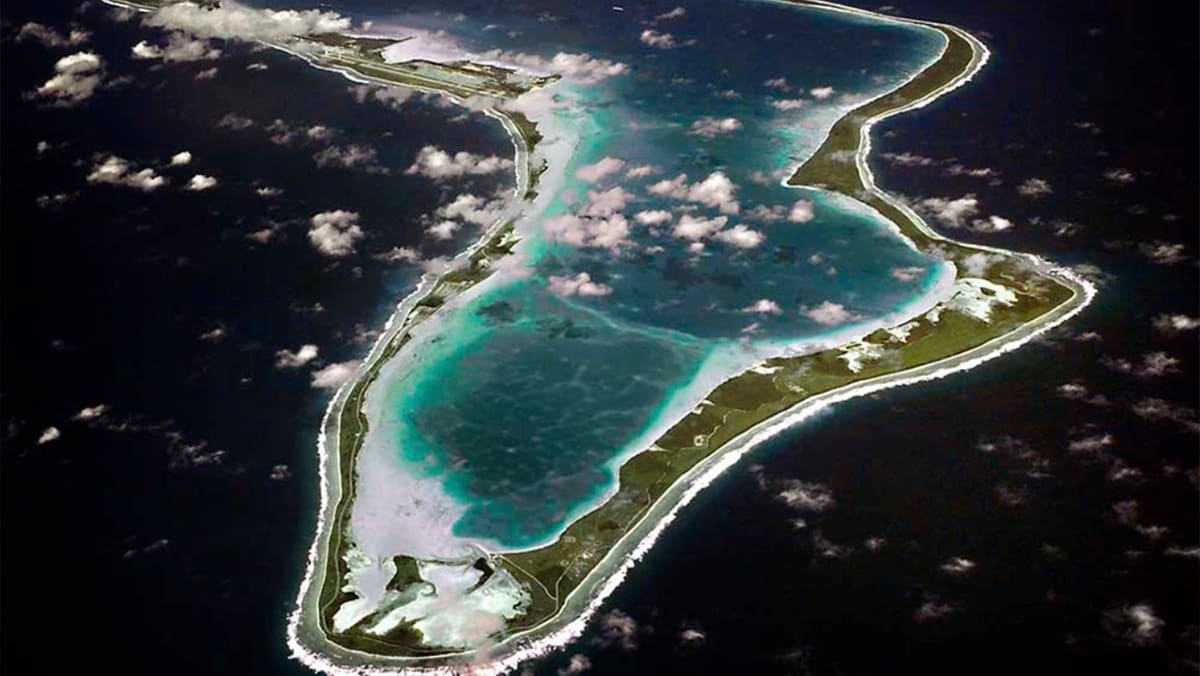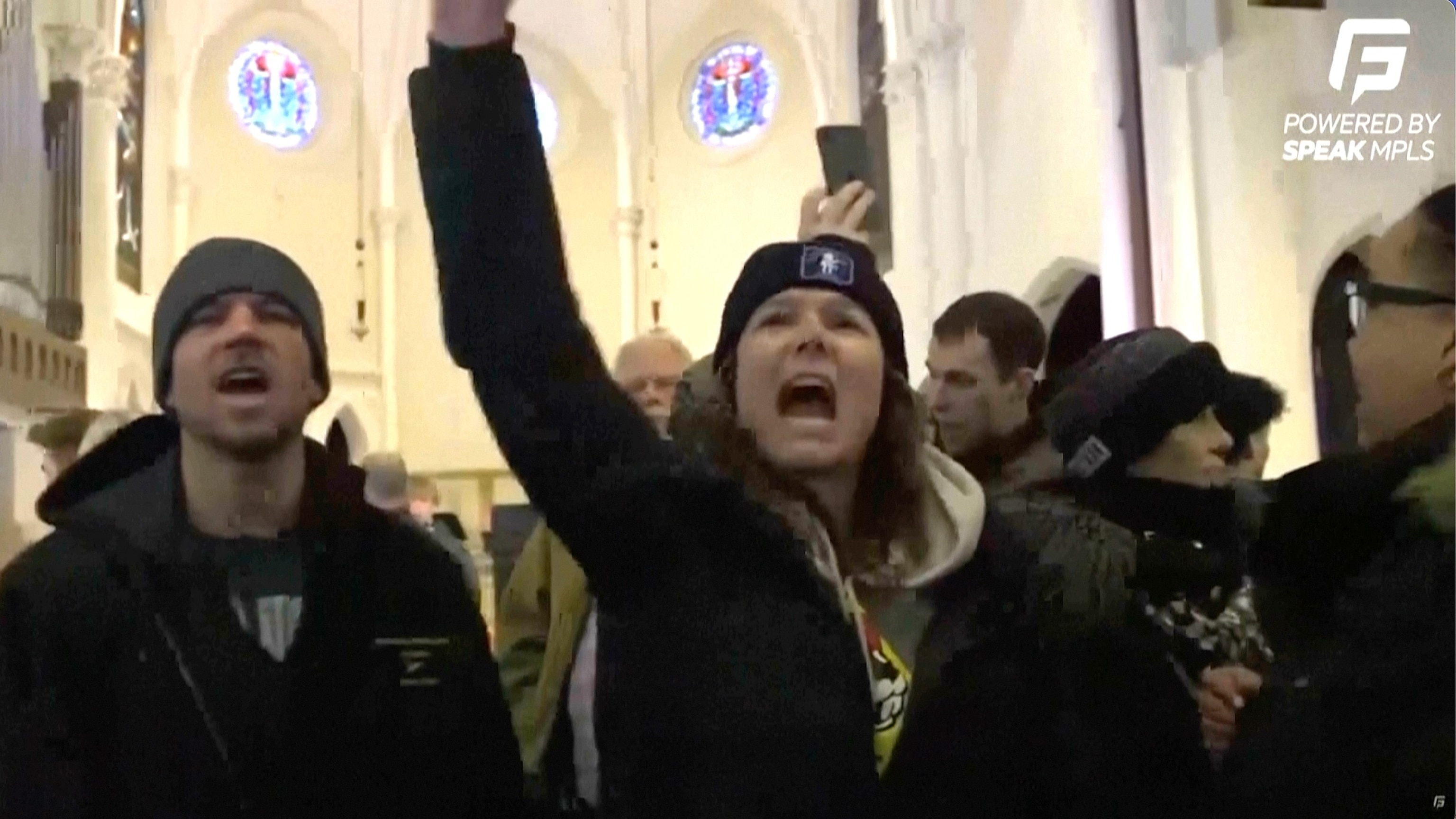Russia in firing line of top UN rights meet
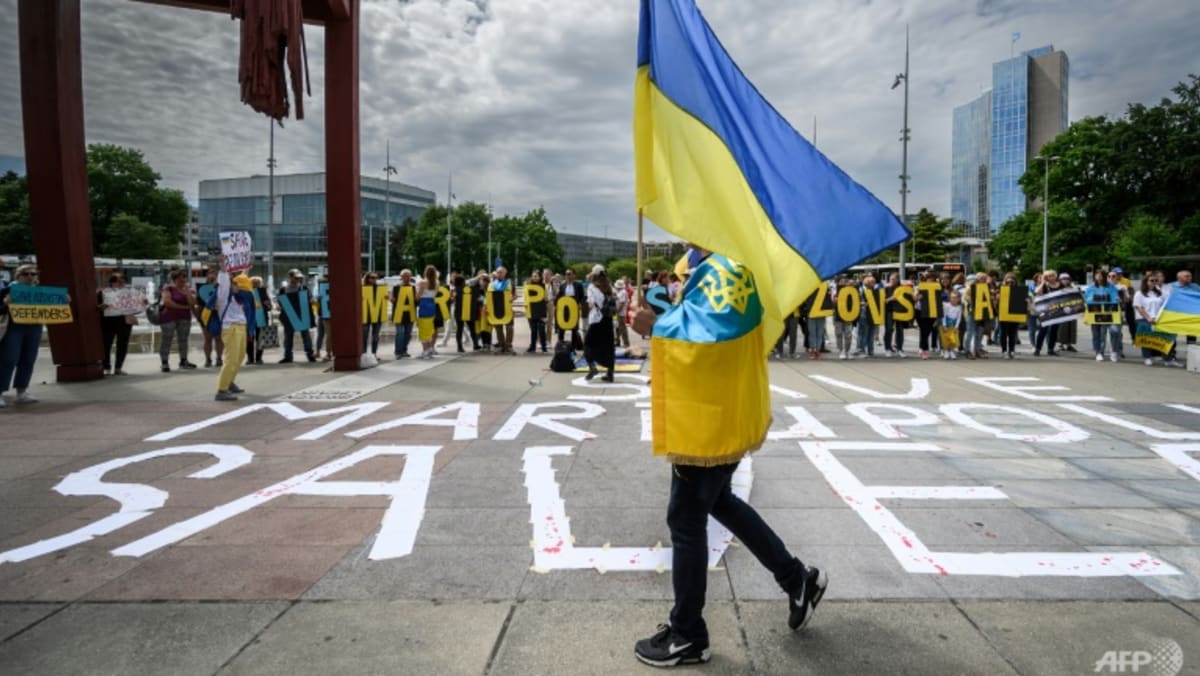
GENEVA: Russia’s war in Ukraine looms large as the UN Human Rights Council meets on Monday (Feb 27), with calls for unity in condemning Moscow and extending a probe into war crimes in the conflict.
Days after the United Nations General Assembly in New York voted overwhelmingly to demand Russia immediately withdraw from Ukraine, Moscow’s war is expected to dominate the opening of the top UN rights body’s main annual session in Geneva.
“We’re looking for this session to show, as the UN General Assembly showed … that the world stands side-by-side with Ukraine,” British ambassador Simon Manley said at an event Friday marking the one-year anniversary of Russia’s full-scale invasion.
The meeting, which is due to last a record six weeks, will be the first presided over by new UN rights chief Volker Turk, who kicks the session off early Monday.
UN chief Antonio Guterres will also address the council on the first day, while nearly 150 ministers and heads of state and government will speak, virtually or in person, during the four-day high-level segment.
Among them will be the top diplomats of the United States, China, Ukraine and Iran.
WALKOUT?
Moscow will send Deputy Foreign Minister Sergey Ryabkov to address the council in person on Thursday.
Despite calls from NGOs, observers said it was unlikely there would be a walkout like the one many diplomats took part in when Russian Foreign Minister Sergei Lavrov’s video played in the council last year.
Several diplomats suggested, though, that other measures might be taken to convey their disapproval.
“We believe that Russia does not deserve to sit in the room,” Ukrainian ambassador Yevheniia Filipenko told reporters. “We will act accordingly.”
There is no shortage of other pressing human rights issues for the council to address, with Iran, Afghanistan, Myanmar, Syria and Israel among the country situations on the agenda.
Diplomats and rights activists voiced particular concern over efforts to thwart the council’s scrutiny of the situation in Ethiopia.
The Ethiopian government has rejected the findings of a council-appointed team of investigators that violations committed in the two-year Tigray war could amount to crimes against humanity.
Source: CNA





